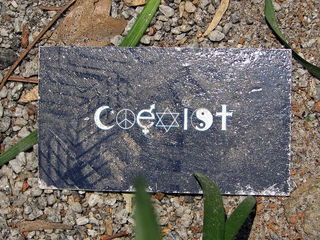Spirituality
Religious Pluralism and Religious Relativism
Diversity in religious belief doesn't mean it's all mere subjective preference.
Posted September 6, 2018

Many people hold that there are no objective moral truths, in part because of the cultural differences that exist with respect to morality. Philosopher James Rachels has shown the flaws in this sort of thinking. A similar argument, and a similar response, can be given to those who think the diversity of religious experiences and beliefs shows that there are no objective truths in the religious or spiritual realm.
Consider the following argument that could be given in support of religious relativism:
- Premise: Different cultures have different religious beliefs and practices.
- Conclusion: There are no objective religious truths.
When evaluating an argument of this form, there are two questions to ask: Is the premise true? Does the conclusion follow from the premise?
It is clear that the premise is true; the array of religious belief and practice in the world is vast. People think of and seek to relate to God or the divine in a variety of ways and with a variety of ends in mind. They may think of the divine as Yahweh, Allah, the Trinity, the Dao, or something else. They may seek union with God in Christ, nirvana, or approval from God leading to an afterlife of bliss. But what's important to see here is that the variety of religious belief and practice does not yield religious relativism. The conclusion does not follow from the premise. That is, one can accept the truth of the premise but one is still logically and rationally free to deny the conclusion.
This is because the pattern of the argument is flawed. The premise is about what people believe, while the conclusion is about reality. There are people who believe that the earth is round, and those who believe it is flat. But nothing about the shape of the earth follows from the fact that people's beliefs here differ. What matters is the evidence given for or against a particular belief or set of beliefs. And this is true for any realm of inquiry.
Just because there are diverse religious beliefs, it does not follow that religious belief is mere subjective preference or opinion. If there are no objective religious facts, it is not because the sort of argument considered here establishes this claim. Those who think all religious claims are relative will need to find other evidence in support of their view, or else abandon it.
References
Photo license: https://creativecommons.org/licenses/by/2.0/


